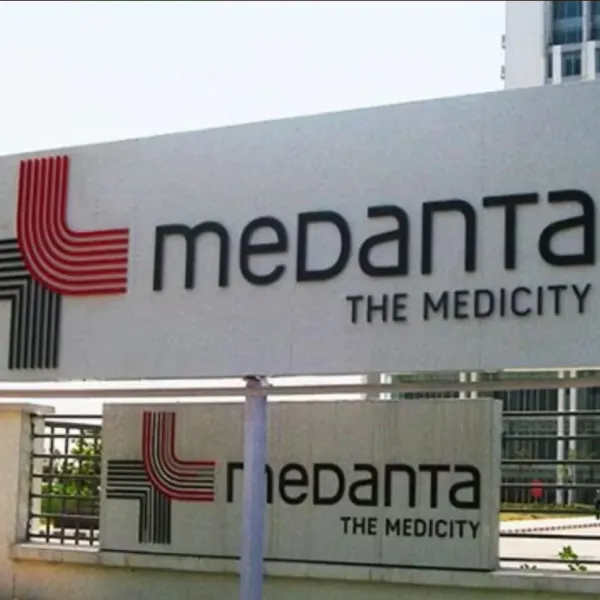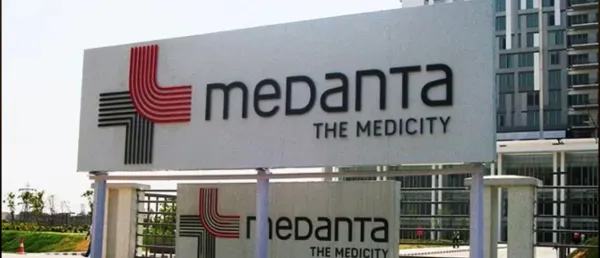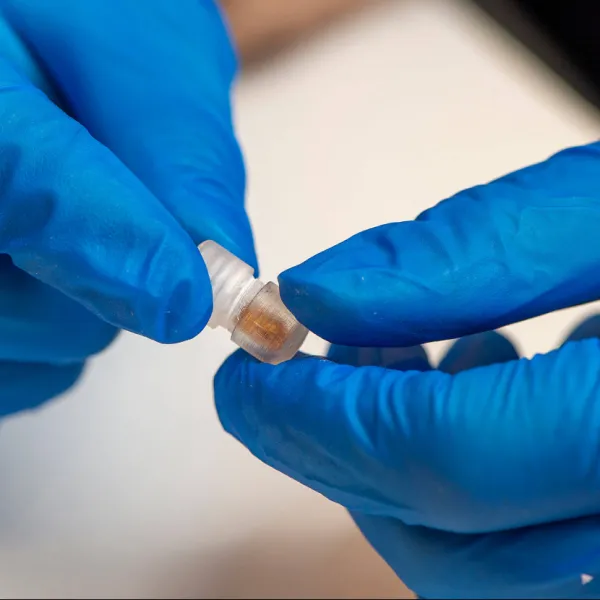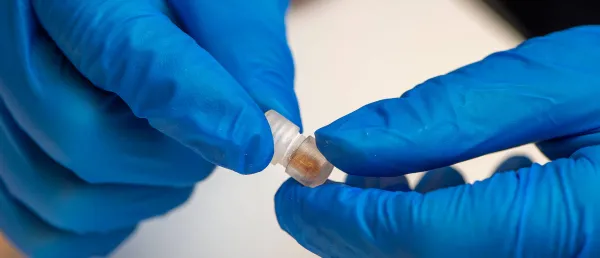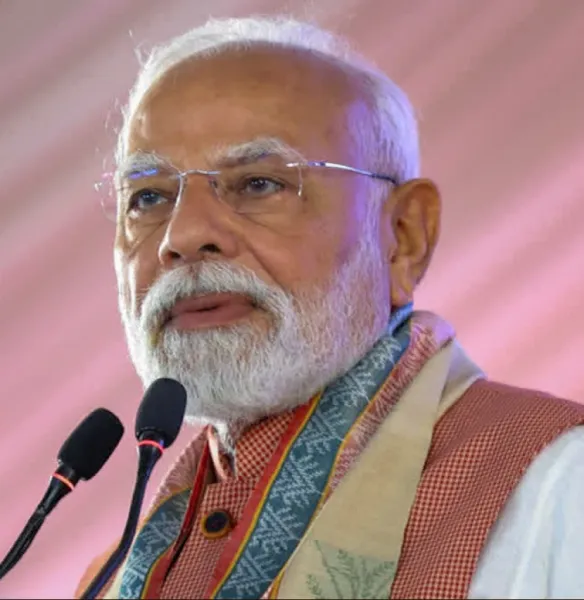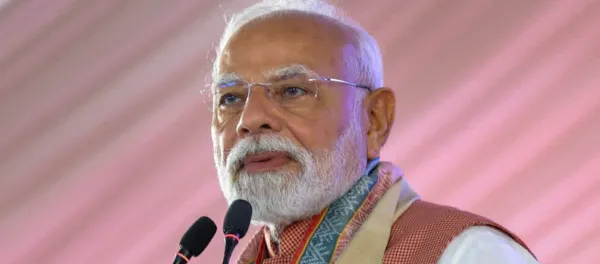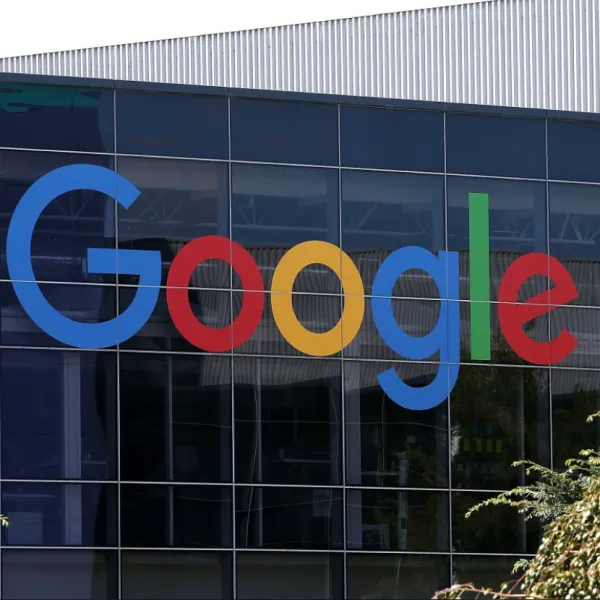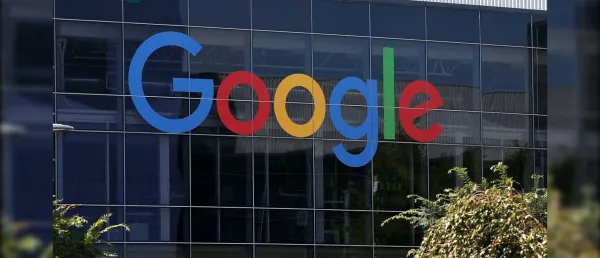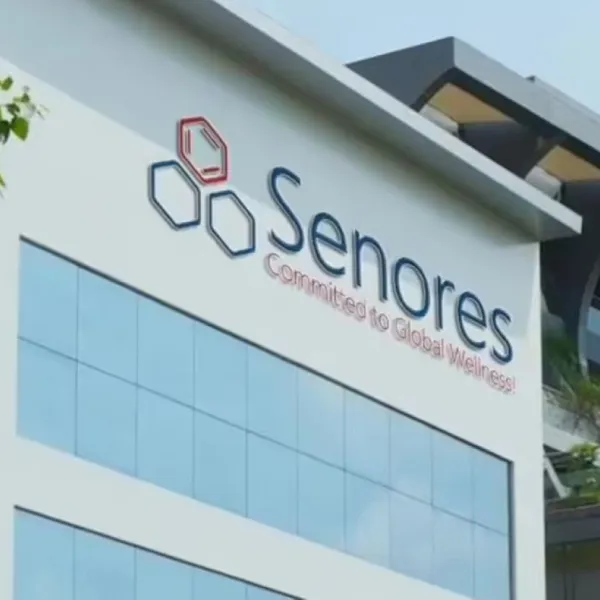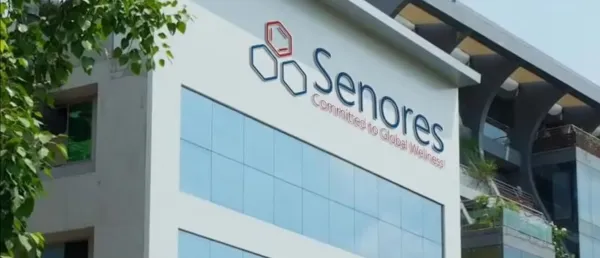DHN EXCLUSIVE: Decoding Healthcare Expectations from Modi 3.0

As Narendra Modi took charge as the Prime Minister of India for the third consecutive year, the Indian healthcare industry hailed PM Modi’s stellar leadership and expressed confidence in directing the country towards inclusive growth.
In the realm of healthcare, the Modi administration has achieved significant milestones, including the implementation of its flagship program - Ayushman Bharat, adeptly managing the COVID-19 crisis, and distributing vaccines globally.
Unlock the Future of Digital Health — Free for 60 Days!
Join DHN Plus and access exclusive news, intelligence reports, and deep-dive research trusted by healthtech leaders.
Already a subscriber? Log in
Subscribe Now @ ₹499.00Stay tuned for more such updates on Digital Health News



















